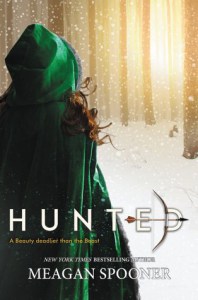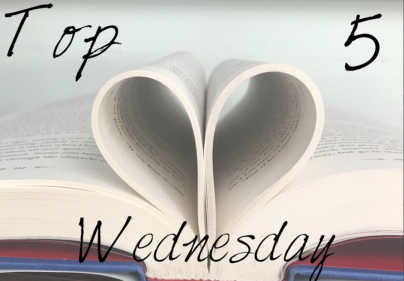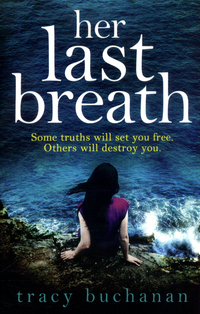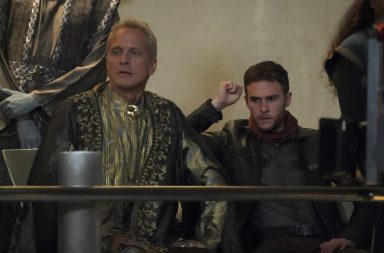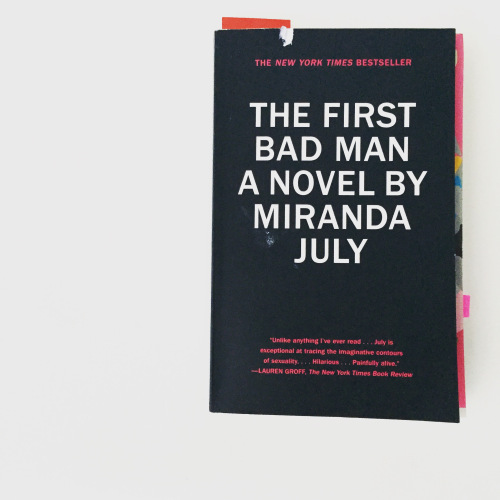For a long time I’ve been fascinated by the connection my brain immediately made between these two books: The Long Way to a Small Angry Planet by Becky Chambers and The Thinking Woman’s Guide to Real Magic by Emily Croy Barker. I’m still not sure why my head linked the two novels so inextricably except for perhaps the fact that I read them quite close together.
The two do share a decent number of themes: they’re both solidly genre books (science fiction and fantasy respectively), they both have both woman authors and female protagonists, they both have LGBT+ characters and characters of colour featured fairly prominently, they’re both well written, wide open worlds, they’re both debut novels, and they’re both inarguably intended to the be the starts of series for the authors. They also both have unnecessarily long titles.
As reviews go I’m going to do my best to keep it as spoiler-free as possible for anyone reading who fancies giving either of these a go. It’ll also be mostly opinion-based, so don’t let me put you off – I wouldn’t be bothering with any of this if I hated either of the books involved! Having said that, I did come out of reading both of these with a clear favourite: Emily Croy Barker’s The Thinking Woman’s Guide to Real Magic.
The entire time I was reading The Long Way to a Small Angry Planet I was waiting for the real story to start. The whole novel feels like set-up. Becky Chambers, I’m told by the about the author, was raised by an aerospace engineer, a rocket scientist, and an astrobiology teacher (it’s unclear about whether these were all the same person or whether she has three parents), worked in theatre for a while and then as a freelance writer who eventually funded the novel through Kickstarter. Whilst it’s in no way a bad novel, you can tell that it didn’t originally come through a traditional publishing company. Or at least, a good one. I get the impression that Becky Chambers absolutely revelled in creating deep and believable science fiction worlds, species, characters, politics… and forgot about the plot. The main characters just sort of wander from one place to another, making new friends and generally having a good time. I genuinely forgot what the goal of the characters was – the creation of a hyperspace wormhole through the war-torn territory where no-one has trod before – at one point because neither it nor anything related to it had been mentioned for so long. Our main character had been given a tragic backstory she worked intensely hard to cover up and then, spoiler alert, she’s found out and… nothing happens. It’s never mentioned again. I think it’s meant to be a genuine bonding moment between her and her found family crew members but it goes by so quickly between her and Jenks the engineer that it’s hard to tell. What do the others think about it? That’s not important, apparently.There are a hefty number of loose ends that are never addressed, although the main one (Lovelace’s fate) is carried over into the stand-alone sequel which I, apologies, have not read.
By comparison The Thinking Woman’s Guide to Real Magic is a tightly woven as they come. Almost everything, from an olive-oil doused mouse, to Nora’s ability to memorise and spout poetry, to a seemingly random encounter with a criminal on trial for the murder of a child, which baffled me a little on my first read through, feeds into the main plot and the characterisation of each of the characters. Emily Croy Barker, though, has been a journalist for over two decades and edits The American Lawyer. I haven’t been able to find what degree she graduated Harvard with but I’d bet my life it’s either English Lit or English Lang. The protagonist of her novel, Nora, is struggling with her education and her career. The book begins with a flashback to a conversation between Nora and her talented advisor. The vaguely bitter tone to the whole scene and, in fact, every scene that involves Nora’s career feel very much like something that might have been lifted wholesale from the author”s life.
Despite this Thinking Woman has the feel of a book that’s been painstakingly poured over until every detail is correct. Despite the hefty size of it (577 pages) very little of it feels truly extraneous: everything adds to the rich tapestry of the world the author is immersing us in. It is true that portions of it could be cut to slim it down but I personally don’t feel like that would be an improvement. Some sections, the author’s insistence on descriptions of Nora learning the language and the occasional mention of the linguistic rules governing the fictional country, struck me as self-indulgent until an offhand comment by someone Nora thought was a friend shows that she never saw Nora as a person at all, all based on the grammatical rules introduced. If Nora’s previous fixation on the language had not been present then the moment it became important would have come completely out of nowhere. The entire book contains examples of foreshadowing like this.
The Thinking Woman’s Guide to Real Magic also sets up a sequel, but it finishes its main story first. You could argue that The Long Way to a Small Angry Planet does as well, but I reached the end of it and was left baffled that there wasn’t more book to finish what it started. Thinking Woman has Nora achieve her goal and then set herself a new one. Small Angry Planet introduces new elements until almost the last page of the story and the threads are left trailing off into the ether. It’s a baffling decision to make for a first novel, which in my opinion should always be self-contained.
The only way the I feel Small Angry Planet beat Thinking Woman to the line is the way the women in stories handle themselves. Rosemary, the protagonist trading The Long Way, goes out of her way to build a new life for herself, uses fairly gained skills at the very start to prove she’s worth taking a chance on, and holds her own throughout the story. Nora from Thinking Woman starts the story by completely giving up agency to outside forces: she’s sick of her life, which isn’t going as planned, so when a beautiful stranger offers her the chance to be someone else she grabs it with both hands and lets it drag her up and off the ground. She gets so deep in trouble that she can’t dig herself out. It’s not until she loses her reproductive rights (FEMINISM!) that she finally flops helplessly into the arms of her rescuer (the wizard Aruendiel, a terrible person himself) and it isn’t until almost the end of the book that she finally starts making choices that prove her the hero she’s been set up to be the whole time. Admittedly, not a small amount of this is commentary on the medieval society that she’s been thrust into, but it just leads me on to the question that I always end up asking: why does it need to be this way at all? You’re writing a fantasy book, you can do literally anything you want to, why end up back in pseudo-medieval Europe? This is especially glaring due to the presence of Hirizjahkinis, a black lesbian sorcerer at least as powerful as Aruendiel, who delighted me until it is revealed that she was rescued from her oppressive society by our resident white dude, Aruendiel. When it comes down to it, though, I didn’t really notice any of this until I’d read the book twice and then thought about it for a little bit. I don’t know if that makes it better or worse.
Overall Thinking Woman is better, significantly so, but it’s also a lot heavier. I raced through the 557 pages over a three-day span and have since read it several more times, picking up something new each time. I read the much shorter Small Angry Planet much slower, and only read it again when I was thinking of talking points for this post. Thinking Woman presented a rich world that I want to sink into over and over again, Small Angry Planet has every world and race clearly very well planned and thought out but it feels like skipping stones, not swimming.
tl;dr
If you’re looking for a fun space romp with a female protagonist, people of colour, and LGBT+ elements, read The Long Way to a Small Angry Planet!
If you’re looking for a deep fantasy world to stick your teeth into with a female protagonist, people of colour, and LGBT+ elements, read The Thinking Woman’s Guide to Real Magic!

 Advertisements
Share this:
Advertisements
Share this: